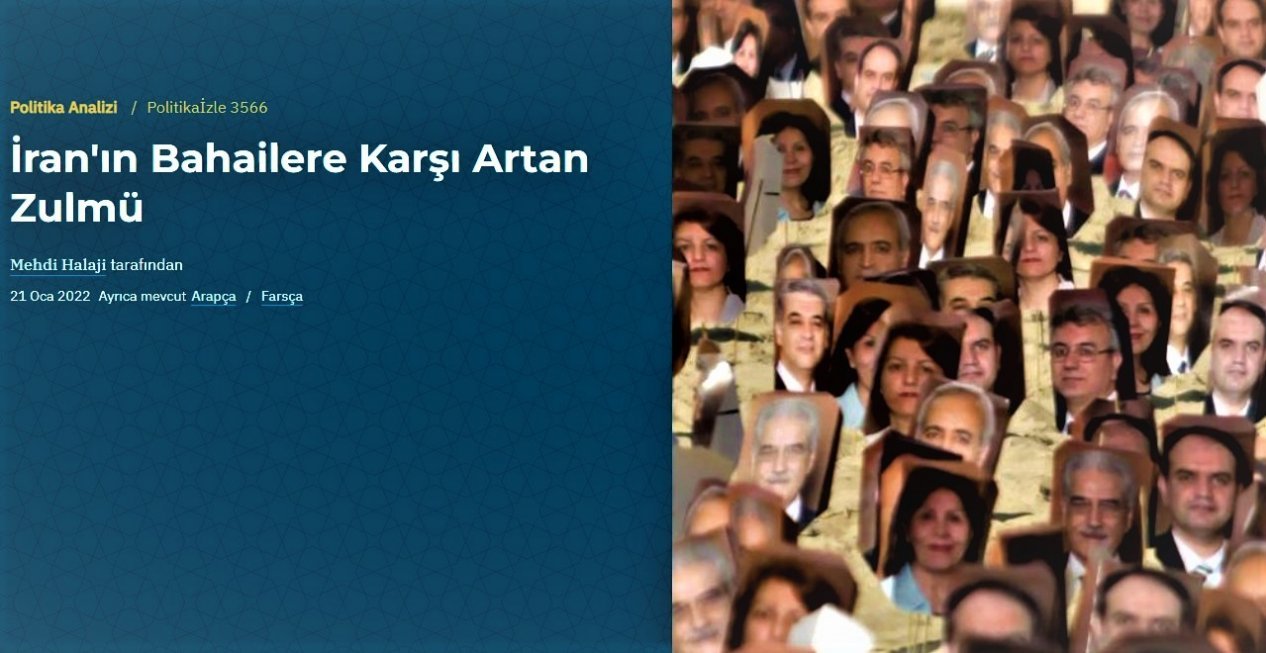
In recent days, Baha'is in Iran say the government has increased the persecution of followers of minority faiths. Tehran is reported to have carried out new house demolitions, raids and arrests, one day after several Baha'is were arrested on charges of espionage for Israel. Iran has stepped up the persecution of the Baha'i minority in recent weeks, raided a Baha'i-dominated village, destroyed several houses and arrested dozens, Baha'i representatives said last week. The charges came a day after Iran announced that it had arrested several members of the Baha'i faith on charges of espionage for Israel. This was considered the latest sign of tightening pressure across the Islamic Republic, which is facing international pressure over the nuclear deal.
Iran's Intelligence Ministry said in a statement that the suspects were linked to the Baha'i center in Israel, where they gathered information and transferred it to Israel.
This Tuesday, the International Baha'i Community said in a statement that up to 200 Iranian officials closed the village of Roushankuh in Mazandaran province, which has a sizeable Baha'i population. A few houses were sealed and others destroyed. The statement noted that the phones of those who tried to film the events were confiscated, and the neighbors were told to stay in their homes and refrain from taking photos or videos.
The statement said Baha'is in Roushankouh had faced the destruction of their homes before. And after the persecution increased, more than 100 Baha'is have been arrested, or their homes got raided in recent weeks.
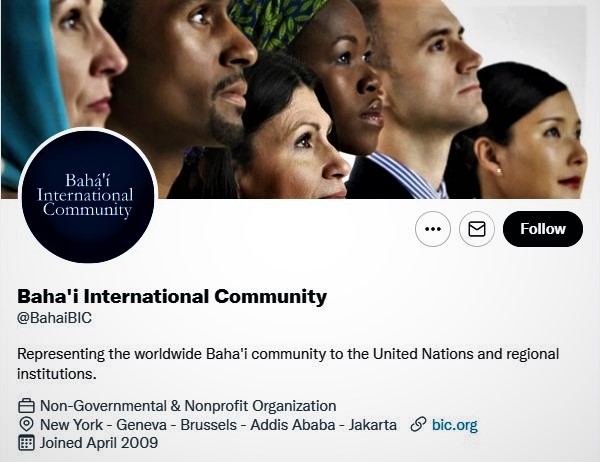
Faktyoxla Lab. has studied the latest situation regarding Baha'is in Iran and the reasons for the increasing pressure on them.
During our research, it became clear that according to Baha'is, they have been persecuted by Shiite clerics in Iran since the establishment of their religion, and that this persecution has intensified since the 1979 Islamic Revolution. In 2013, Iran's Supreme Leader, Ali Khamenei, who has the final say in all state matters, urged Iranians to avoid all relations with Baha'is. Khamenei's fatwa supported similar fatwas issued by other clerics in the past.
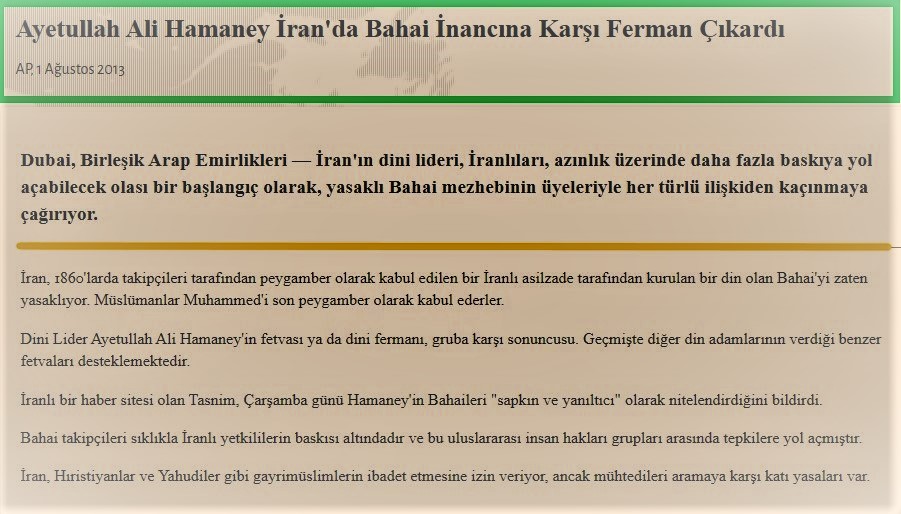
Baha'is, who number 300,000 in Iran and have an estimated 5 million followers worldwide, say they face systematic persecution in Iran, where their faith is not officially recognized in the constitution. The latest persecution of Baha'is in Iran came as tensions escalated between Iran's authoritarian government and the West. Security forces detained film directors, several foreigners and a prominent reformist politician, as talks to revive Tehran's nuclear deal with world powers came to a stalemate and fears over the country's economic crisis grew. (Source)
It is better to look at the course of events first:
On July 20; In Yazd, Mr. Nematullah Shadpour, Mr. Nima Shadpour and Mr. Shafigh Eslami were reported to have been arrested after being summoned to judicial authorities and taken to an unknown location. Their homes and workplaces were searched and some of their personal belongings were confiscated.
On July 19, it was reported that Ms. Niloufar Hoseini, Ms. Bahiyyeh Manavipour [Moeinipour], Mr. Misagh Manavipour, Ms. Alhan Hashemi and Ms. Hanan Hashemi were arrested by security forces and taken to an unknown location in Shiraz. Security forces also searched their homes. The authorities also summoned Misagh Manavipour's sister.
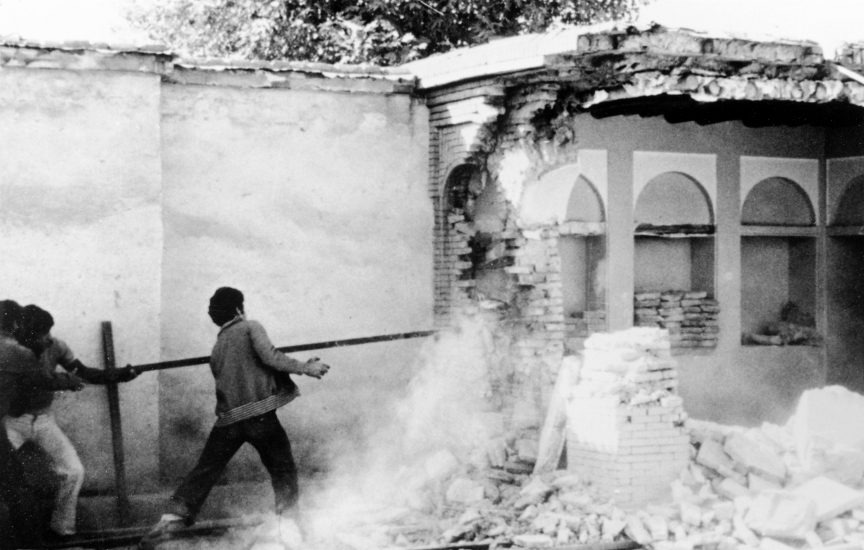
On July 16, in Tehran, Ms. Haleh Gholami was sent to Evin Prison to serve a two-year sentence after appearing in the Evin Prosecutor's Judicial Enforcement Unit. Ms. Gholami had previously been sentenced to two years in prison under the tazir law - at the judge's discretion - by the 28th Branch of the Tehran Revolutionary Court on charges of "acting against the national security of the country". The decision was appealed, but upheld by the 26th Division of the Tehran State Court of Appeal.
On July 13, three Baha'is, Ms. Sholeh Shahidi, and her two sons, Mr. Faran Sanaie and Mr. Shayan Sanaie, were arrested in Bojnourd, and their relatives had no news of their whereabouts or condition for almost a week. Security officers searched the homes of these Bahá'ís and some items were confiscated, including religious books, laptops, and phones. The home of another Bahá'í follower in Bojnourd was also searched and religious books confiscated. Apart from that, six Baha'i-owned businesses in Tehran and Karaj were closed and sealed by the authorities for no apparent reason. In recent weeks, Baha'is in Arak have been told by the authorities that they are no longer allowed to bury their dead in the city's Baha'i cemetery. (Source)
Objecting to this, Diane Ala'i, Representative of the Bahá'í International Community, said, "There are new reports of the persecution of Baha'is in Iran every day, and this clearly shows that the Iranian authorities have a plan that they are implementing step by step." Baha'is also say, through an international advocacy group, that there are several people arrested for being leaders in their religion who had previously been sentenced to 10 years in prison. Baha'is stress that they are "symbols of domestic resilience and internationally renowned former prisoners of conscience." "Arresting them exposes the Iranian government's growing persecution of Iran's Baha'i community."
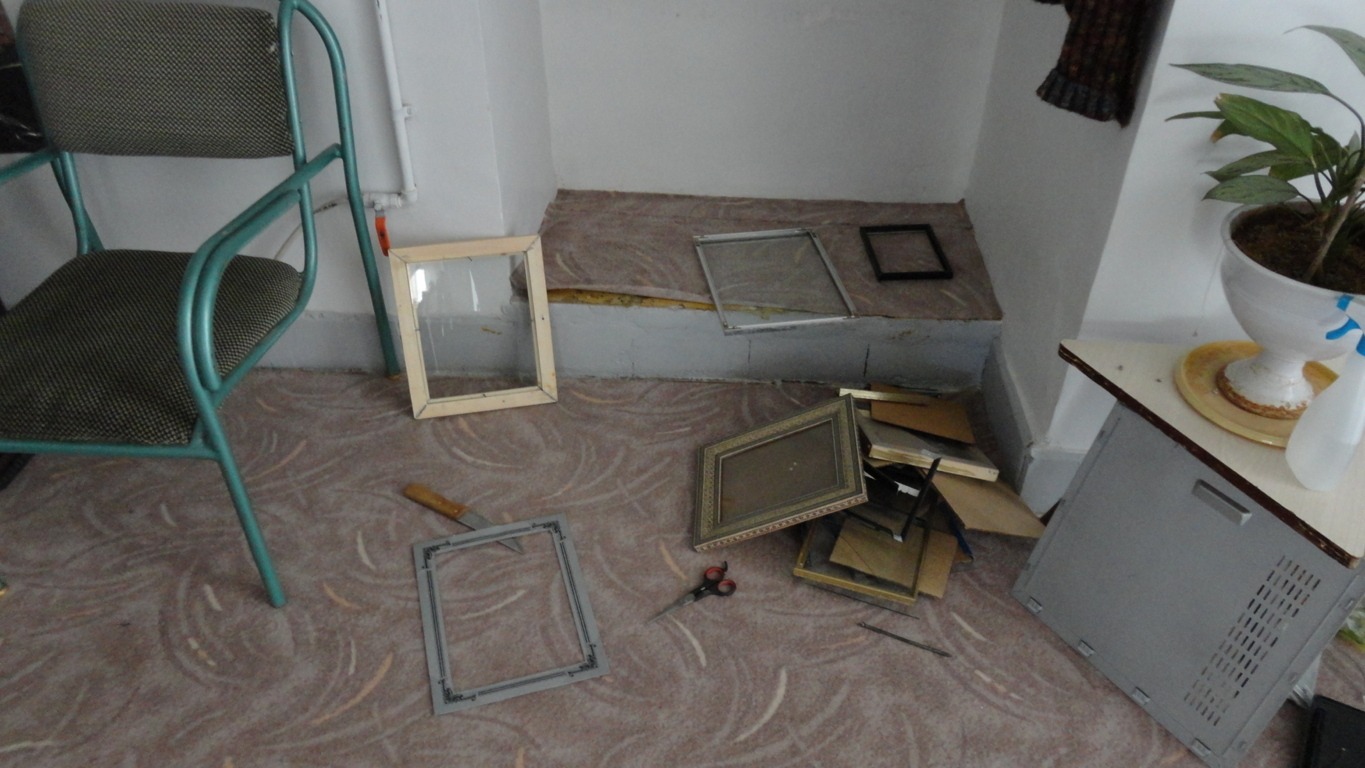
During our investigations, it also became clear that hundreds of Baha'is have been arrested for their faith since 1979, at least 200 people have been executed and hundreds of Baha'is have disappeared within the borders of the Islamic Republic of Iran. (Source)
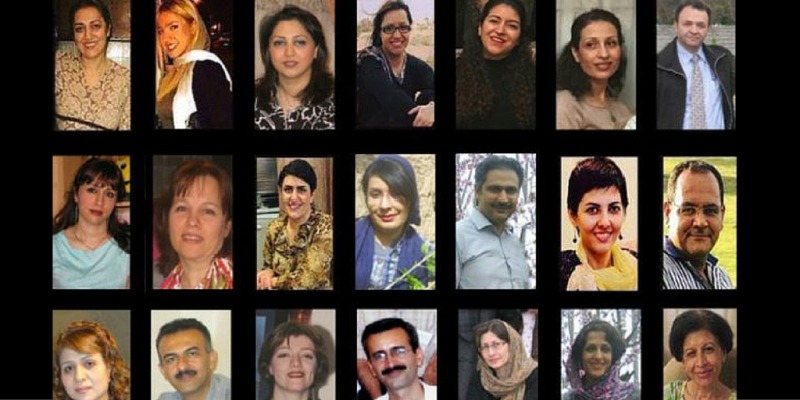
According to reports by Radio Farda (Iranian branch of Radio Free Europe/Radio Liberty), the decision by the Revolutionary Court in the southern city of Shiraz concerns Bahá'í detainees imprisoned in Shiraz between July 2016 and December 2016. This case was prolonged for six years for reasons not specified by the courts. Now the 11 defendants, five men and six women, have been sentenced to five years in prison and will also be subject to various travel restrictions when released. In addition, 15 people, nine women and six men, were sentenced to two years in prison, and restrictions will be imposed on their ability to travel after their release.
Another issue we encountered during our investigations is the confiscation of the properties of followers of the Bahá'í faith. For example, on January 18, 2022, a court in Iran's Mazandaran province ordered the confiscation of property belonging to Sheida Taeed, a Bahá'í believer, and her transfer to the "Execution of the Order of Imam Khomeini" Committee, a committee controlled by Supreme Leader Ali Khamenei. Authorities had previously arrested Taeed on undisclosed charges in September. Apparently, the confiscation order was based on a past regime fatwa stating that Bahá'ís "properties are not legitimate" and therefore belong to religious authorities.
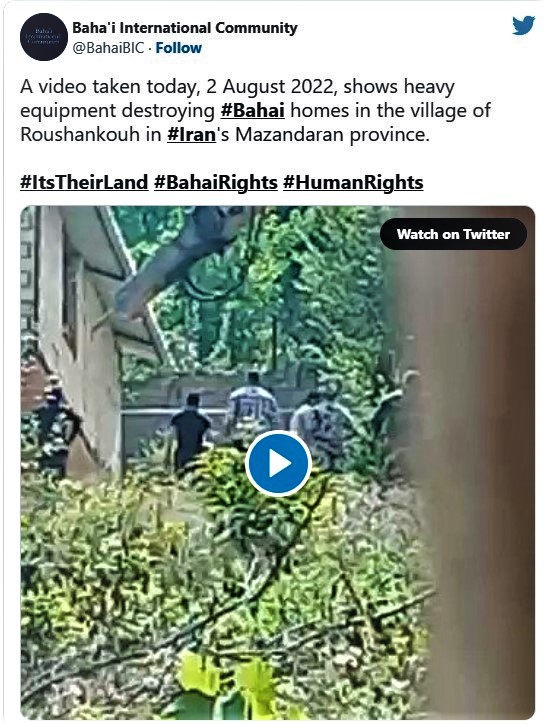
Similarly, two courts declared land ownership claims by twenty-seven Baha'is in the village of Ivel last year to be illegal. The village is located in Mazandaran, the province where the founders of the faith lived at the time and is now home to one of the largest Baha'i communities in the country. Examining the mechanisms and rationale behind the growing repression of this society will help us learn about the regime's current methods of holding power.
Baha'is outnumber Jews in Iran, mainly due to their obligation to spread their faith. They also live more dispersed in terms of demographics and are more integrated into society in general. Despite all the oppression and injustice they face, many, especially the older generation, never intend to leave Iran as they see it both as their homeland and the birthplace of their religion. Another notable point is that Bahá'í faith in Iran may be appealing, especially to younger Shiites, who may see it as more compatible with modern life than the traditional Shiite teachings, which is probably the main reason behind the recent increase in government repression. (Source)
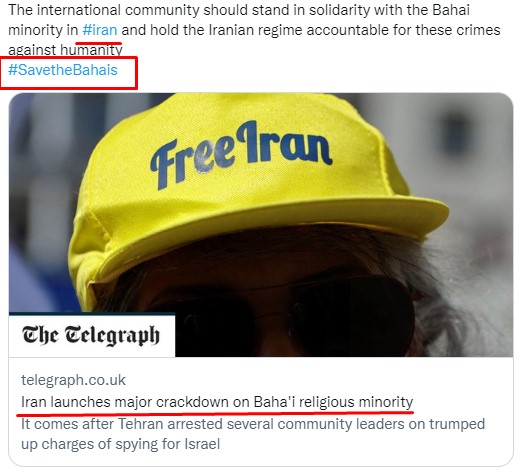
As it can be seen, the allegations about the oppression and persecution against Baha'is in Iran are entirely based on facts. As the Iranian administration increases its oppression and persecution at every step, it seems that it will be challenging for it to solve its internal problems unless it respects the religious and national rights of its citizens.




















